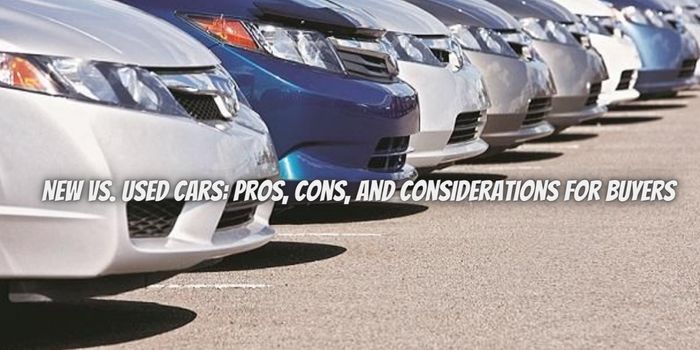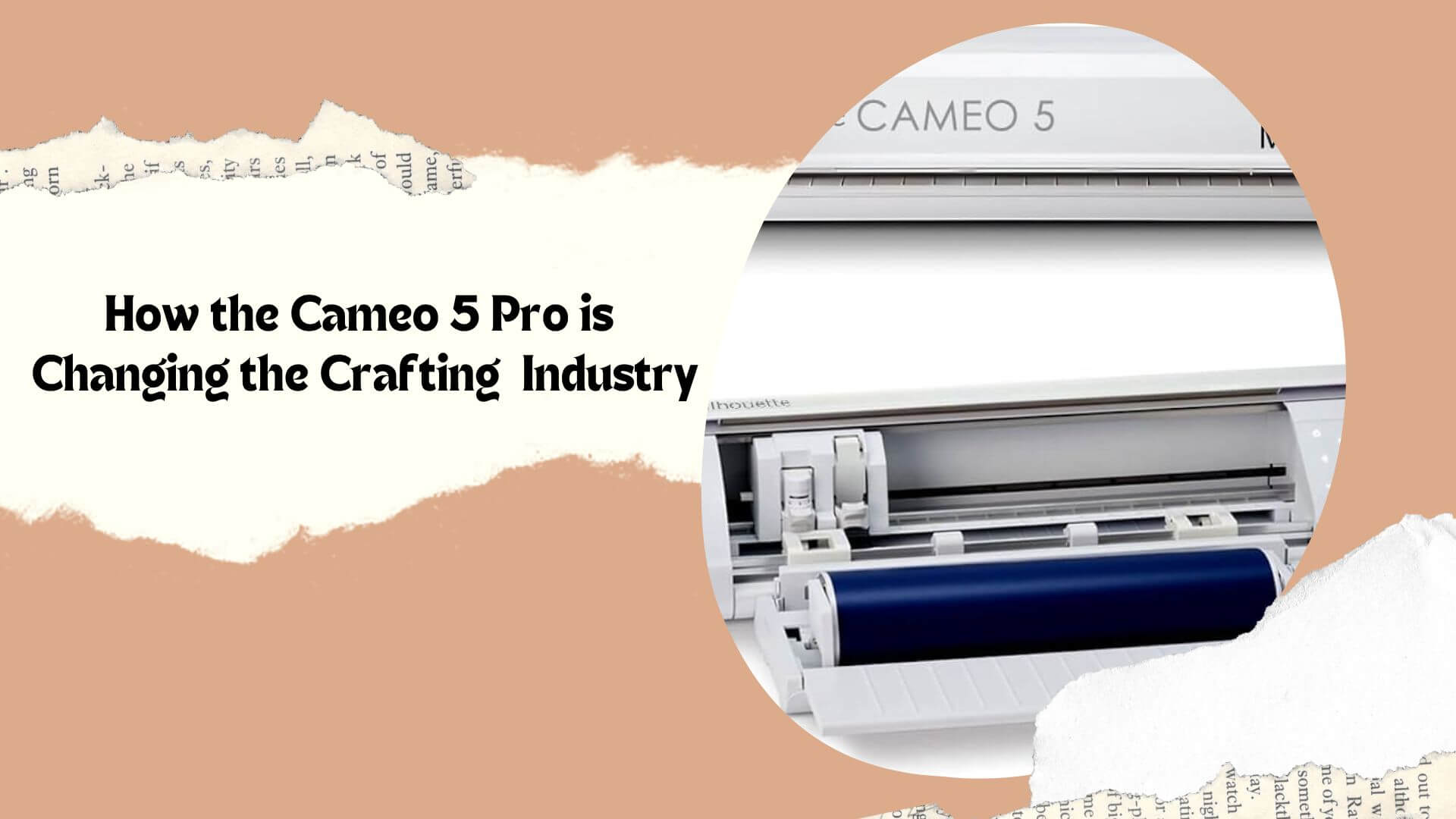When contemplating the purchase of a new car, it’s essential to weigh the advantages and considerations that come with it. New cars often come with comprehensive warranties that provide peace of mind and financial protection against defects and mechanical issues, significantly reducing early maintenance costs. They also offer the latest technology, such as advanced safety features and fuel efficiency enhancements, enhancing the driving experience.
Furthermore, new cars are generally more reliable, given that all components are brand new, leading to fewer unexpected breakdowns and reduced maintenance and repair expenses in the short term. Nevertheless, it’s paramount to acknowledge the higher initial purchase price of new cars, which can be substantial, and their rapid depreciation during the first few years of ownership, resulting in a significant loss of resale value. Buyers should be prepared for this initial depreciation hit and higher insurance premiums due to the car’s higher market value.
Used Cars: Advantages and Considerations
Considering a used car? Delve into the advantages and considerations associated with this option. Used cars have already undergone the most significant phase of depreciation, which means you won’t experience the same steep decline in value as a new car, making them a more budget-friendly choice. Lower insurance premiums are a common perk with used cars due to their lower market value, translating into more affordable insurance costs.
The used car market offers a wide range of options regarding makes, models, features, and price points, providing buyers with extensive choices. Many used cars come with vehicle history reports that offer insights into the car’s past, including accidents, repairs, and maintenance records, helping buyers make informed decisions. Nevertheless, it’s essential to note that some used cars may still have manufacturer warranties, while others may be sold “as-is,” meaning any repair costs will be the buyer’s responsibility.
Cars may require more frequent repairs and maintenance as they age, potentially offsetting the savings from a lower purchase price. Not all used cars come with complete and transparent maintenance and accident histories, so buyers should exercise caution and consider having a trusted mechanic inspect the vehicle. Used cars may have hidden problems that take time to be apparent, making a thorough pre-purchase inspection crucial.
Financial Considerations
Financial factors play a crucial role in the decision-making process when choosing between a new or used car. Determining your budget, factoring in the purchase price and ongoing costs such as insurance, fuel, maintenance, and financing if applicable, is essential. Explore financing options such as loans and leases. New cars often have more favorable financing terms, but interest rates and loan durations vary. Research the projected resale value of both new and used cars you are considering. Some models retain their value better than others, affecting your long-term costs. Calculate the total cost of ownership, including depreciation, fuel costs, insurance, maintenance, and repairs over the expected ownership period. This comprehensive approach can help you make a more informed decision.
Lifestyle and Needs
Consider your lifestyle and specific needs when choosing a new or used car. If you have a long daily commute, fuel efficiency may be a significant factor in your decision, favoring newer vehicles with better mileage. Safety features and passenger space may be top priorities if you have a family, often found in newer models; how you plan to use the vehicle matters. If you need a car for occasional errands, a used car may suffice, but a new car might be more suitable if you require reliability for daily use. A new car may offer the most up-to-date amenities if you value the latest tech features and connectivity options. Some buyers prioritize eco-friendliness; in this case, research fuel-efficient or electric models, which are often newer.
Maintenance and Inspection
Maintenance and inspection are critical, regardless of whether you choose a new or used car. While new cars require less immediate maintenance, following the manufacturer’s recommended service schedule is essential for long-term reliability. Have a trusted mechanic inspect a used car before purchase. This can reveal hidden issues and help you make an informed decision. Obtain a vehicle history report for used cars to check for accidents and title issues. This report can provide valuable insights into the car’s past.
The choice between new and used cars hinges on various factors, including your budget, priorities, and individual circumstances. New cars offer warranties, the latest technology, and reliability but come with higher upfront costs and rapid depreciation. Used cars provide cost savings, a wider variety of choices, and potentially lower insurance premiums but may require more maintenance and come with an uncertain history. By carefully assessing your financial situation, lifestyle, and specific needs, you can make an informed decision that aligns with your preferences and budget. Thorough research and consideration will help you find the vehicle that best suits your requirements and provides a satisfying and cost-effective ownership experience. You can conveniently shop for new or used cars at Czterykola, where a diverse range of vehicles and expert assistance are readily available to meet your automotive needs.




